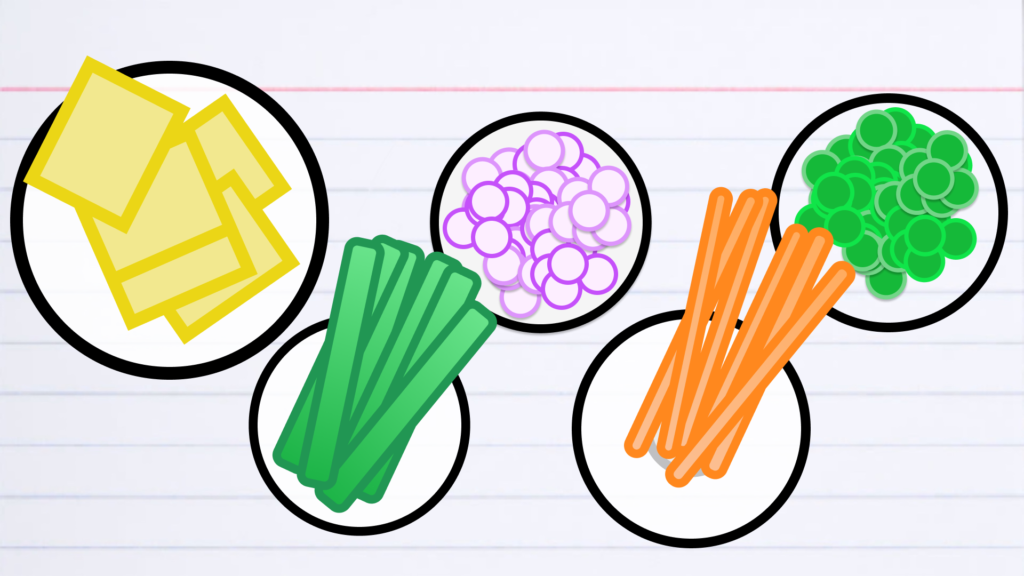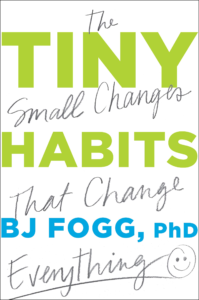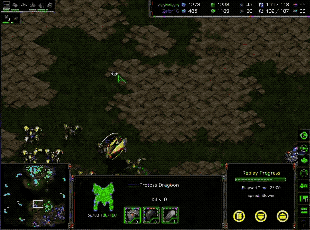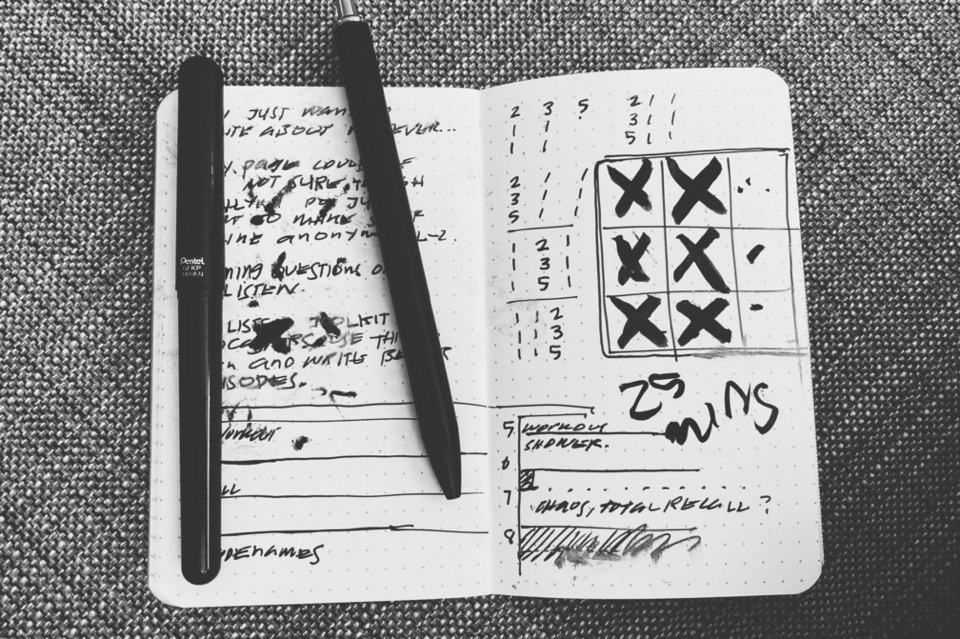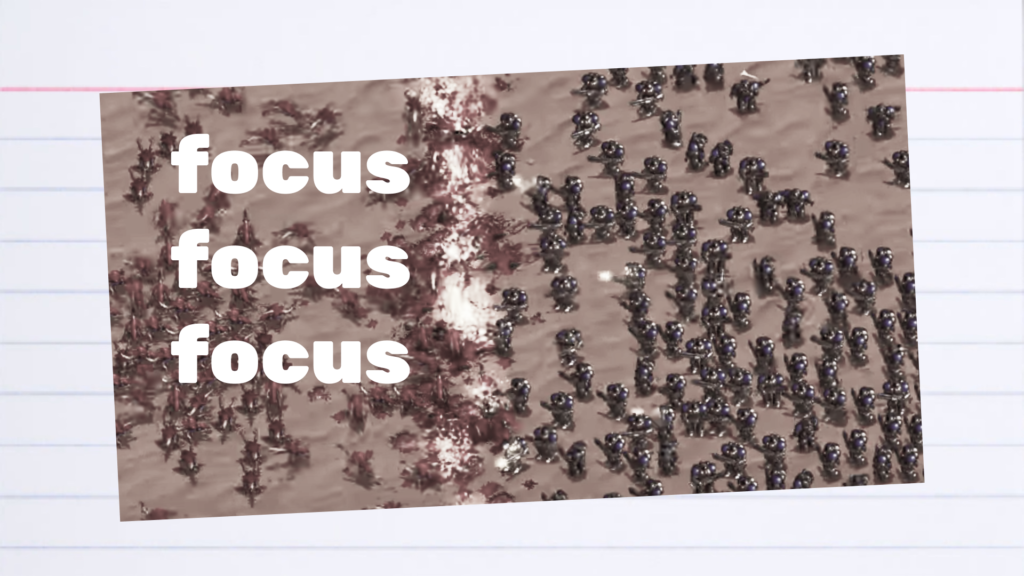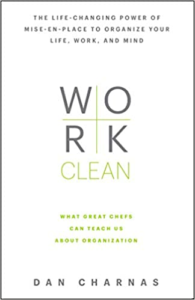
Check out the full notes for “Work Clean: The Life-changing Power of Mise-en-place to Organize Your Life, Work, and Mind” by Dan Charnas
We’re back (and probably need to stop starting every episode with “we’re back for real this time!”) talking about Work Clean, one of our favorite books from last year and maybe a top-10 all timer.
Some concepts we talk about from the book
- Daily plan
- Clean as you go
- First actions
Work Clean
Work Clean: The life-changing power of mise-en-place to organize your life, work, and mind is really one of the top books for me and Wally if you’re rating it by “I read this book and changed some behavior in my life immediately.”
Some things I’ve written previously about Work Clean
Here’s what I wrote about Work Clean in my 2019 reading list:
It was also refreshing to read a book in this space with similar lessons and completely different stories than you’d usually see in business books. I’ve also had a casual interest in cooking or at least a high interest in being entertained by watching other people cook. So it kept my attention. I continue to want to find books like this: work adjacent. Books with lessons at the right level of abstraction, helping me improve in the work I do without directly thinking about the work I do.
I also wrote about Work Clean in a separate reading log post. Here’s what I wrote about Work Clean then:
- Pay attention to your movements — There are different movements that slow things down over time. If your arm is going across your body multiple times during prep, you might be able to move whatever it is you’re reaching for over to the side where your arm is. It’s a small change but they add up. Can you cut a movement out of your workflow to reduce friction? Can you automate something that takes 30 seconds that you do multiple times a day?
- Pay attention to your workspace — For me, this has made me think a lot about how cluttered my digital workspace is. While I can get away from a messy desk by heading to a coffee shop, the digital workspace comes with me. This book makes me think I need to be more honest with the time it takes to keep things organized. And really believe it’s worth it to keep things clean a little bit at a time every day so that I don’t need to do huge audits every once in a while.
An example of my Figma disorganization
In the episode we talked about cleaning up messy spaces, including messy digital spaces.
Like my Figma files. Here’s one with some notecards from blog posts.
I can just get pretty disogranized. I like pasting stuff into pages as references. After reading Work Clean, I started to see that it caused some dysfunction in my system because those things just pile up. The idea is that I could batch the cleanup later and tidy up.
Gooooood idea. Bad execution.
It’ll end up being this thing where I have a bunch of these scraps of things on the Pages and then going through each piece I sometimes forget why I had it there in the first place and tidying up is more energy than it should be.
Clean as you go is one of the mindset shifts that has stuck with me since reading the book. It’s something I did pretty well already in terms of cooking dinners and things like that so that a good amount of the pots and plans used for cooking are already cleaned by the time we start eating.
It’s something I didn’t apply as much outside of the kitchen. Since reading the book I’ve been trying to be more mindful about deleting these scraps as I continue on with what I’m working on.
Do you have a spot for your keys?
We talked about whether or not you have a single spot for your wallet and keys. I mentioned a technique Cal Newport wrote about called The Phone Foyer method. Here’s a separate post where I wrote about my experiencing with leashing yourself, which I should have titled Leash yourself, UNLEASH YOUR MIND!
Okay that’s it for now
I’m working toward slowly re-organizing the site. Tidying things up a little more here to make sense of all the content. There’s about 250 posts published on this site right now, we did 70-ish podcast episodes, and I have 133 videos that are barely represented on this site at all.
I want this site to tie things together so that all this work can start working together. It won’t be an overnight thing but starting with writing notes for new podcast episodes is a good step forward.
